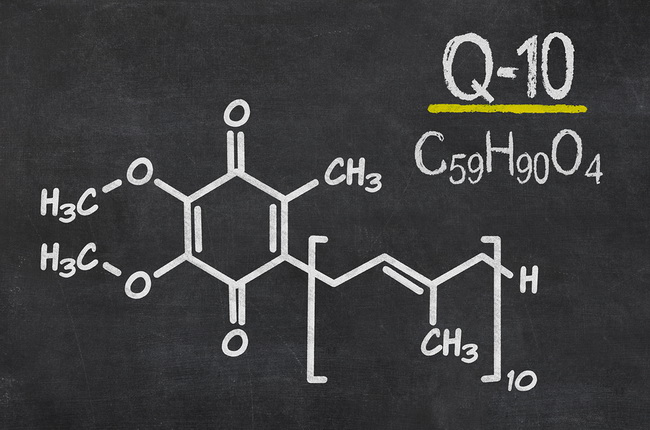- Make It Yourself Lavender Heart-Shaped Bath Bombs!
- 20 Things You Never Knew About “Down There”
- 12 Best Foods For Those Suffering From Arthritis Pain
- 12 Personal Hygiene Mistakes Almost Everyone Makes (Mom Never Told You About #4!)
- 15 Medicinal Plants And Herbs From The Cherokee People
- 12 Mind-Blowing Benefits Of Drinking Coconut Water During Pregnancy
- 12 Outstanding Winter Foods That Won’t Fatten You Up Like A Christmas Turkey
Everything You Ever Wanted to Know about CQ10

Photo credit: bigstock.com
What have research studies shown about CQ10?
One group of researchers studied how CQ10 affected patients with heart failure. They found that for subjects who took 100mg of CQ10 three times per day (for a total of 300mg daily), their hearts responded very positively. This study was done at The Heart Center at Copenhagen University Hospital in Denmark.
This study was a randomized controlled test that involved 420 subjects who had moderate to severe heart failure. The study followed these subjects over a two year period. Half of the subjects received a placebo, the other half consumed CQ10 three times per day.
At the end of this study, those who died in the CQ10 group were significantly lower than the placebo group (18 deaths versus 36 deaths).
Another study, performed by Karl Folkers, Ph.D., found that those with low blood levels of CQ10 were found in patients with heart disease and that 70 percent of his heart patients with congestive heart failure benefited greatly from taking CQ10 supplements.
Also, giving CQ10 supplements before heart surgery might reduce further damage caused by oxidative stress and free radicals, as well as strengthening heart function during recovery.
Some scientists believe that this shows that CQ10 is the first medication to improve survival rates for those with heart failure since beta blockers and ACE inhibitors were introduced more than 10 years ago. They believe that CQ10 should be added to current heart therapies.
Other doctors are not as confident. They point out that this is a small study and that more studies should be done before charging ahead with CQ10 therapy.
Another clinical trial showed that CQ10 supplements can help stop the heart damage that is often caused by the chemotherapy drug Adriamycin. Some very small studies showed that CQ10 shrank the tumors in women with breast cancer.
CQ10 has also been shown to control high blood pressure, but further studies need to be done.
Since many studies show that CQ10 can have positive effects on the blood, heart, and tissue toxicity, that this might mean that someday in the near future CQ10 can be used as part of a successful treatment program for recovery from stroke, Alzheimer’s disease, and breast cancer treatment.
Continue to Page 4
































